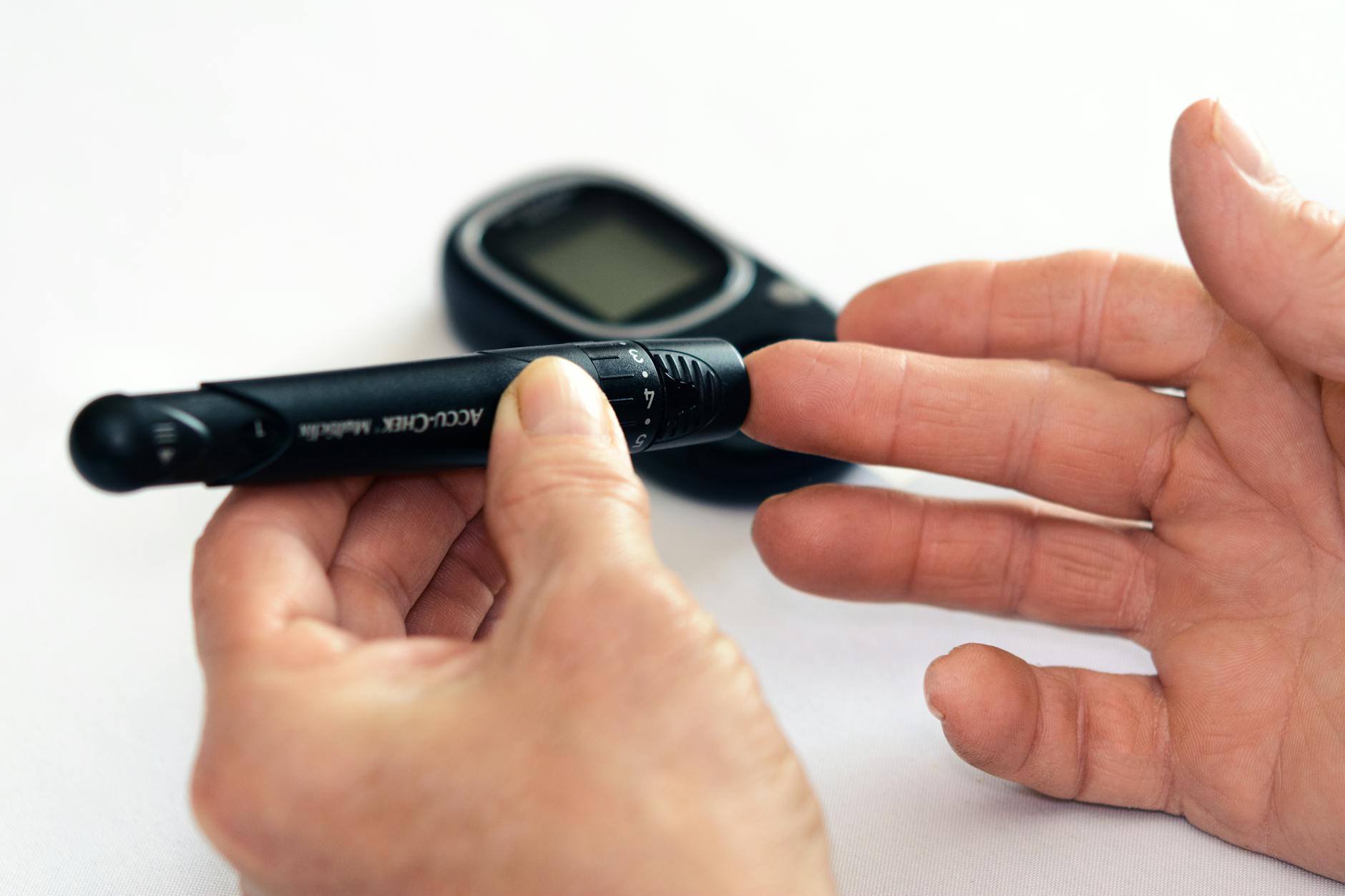Delve into the surprising link between sugar, insulin resistance, and Type 2 diabetes. Uncover new strategies for managing this disease.
Table of Contents
Welcome to the world of diabetes. If you or someone you know has been diagnosed with type 2 diabetes, you’re not alone. This common health condition affects millions of people worldwide. But fear not, armed with knowledge and a proactive mindset, you can take control of your health and manage your diabetes effectively.
Understanding Type 2 Diabetes
Type 2 diabetes is a chronic condition characterized by high blood sugar levels resulting from the body’s ineffective use of insulin. Insulin is a hormone produced by the pancreas that regulates blood sugar. When this process malfunctions, it leads to diabetes.
Common symptoms of type 2 diabetes include frequent urination, increased thirst, unexplained weight loss, fatigue, and blurred vision. If you experience any of these symptoms, it’s crucial to consult a healthcare professional for proper diagnosis and management.
Causes and Risk Factors
The exact cause of type 2 diabetes is not yet fully understood. However, various factors contribute to its development. These include genetics, obesity, sedentary lifestyle, high sugar intake, and age. Individuals over the age of 45 are at greater risk of developing type 2 diabetes.
Other risk factors such as family history of diabetes, ethnicity, and gestational diabetes during pregnancy can also increase the likelihood of developing this condition.
Managing Type 2 Diabetes
Effective management of type 2 diabetes involves a holistic approach that includes lifestyle modifications, medication, and regular monitoring of blood sugar levels. Here are key strategies to help you manage your diabetes:
Diet and Nutrition
Adopting a healthy diet rich in whole foods, fruits, vegetables, lean proteins, and whole grains can help control blood sugar levels. Limiting the intake of sugary beverages, processed foods, and saturated fats is essential in managing diabetes.
Physical Activity
Regular exercise is vital for maintaining optimal blood sugar levels and improving insulin sensitivity. Aim for at least 150 minutes of moderate-intensity exercise per week, such as brisk walking, cycling, or swimming.
| Topic | Statistics |
|---|---|
| Prevalence of Type 2 Diabetes | Over 34 million Americans have diabetes, and 90-95% of them have type 2 diabetes |
| Impact of Type 2 Diabetes | Increases risk of heart disease, stroke, kidney failure, blindness, and amputations |
| Causes of Type 2 Diabetes | Obesity, sedentary lifestyle, genetics, and poor diet are major contributing factors |
| Preventative Measures | Healthy diet, regular exercise, maintaining a healthy weight, and regular check-ups can help prevent type 2 diabetes |
| Treatment Options | Medications, insulin therapy, lifestyle changes, and monitoring blood sugar levels are common treatment options |
Medication and Insulin Therapy
Your healthcare provider may prescribe oral medications or insulin therapy to help control your blood sugar levels. It’s crucial to follow your prescribed treatment plan and monitor your blood sugar regularly.
Monitoring and Self-Care
Frequent monitoring of your blood sugar levels and regular health check-ups are essential in managing diabetes. Additionally, self-care practices, such as proper foot care, stress management, and adequate sleep, play a significant role in diabetes management.
Embracing a Healthy Lifestyle
Living with type 2 diabetes does not mean you have to give up on enjoying life. By adopting healthy habits and making informed choices, you can lead a fulfilling and vibrant life while effectively managing your diabetes.
Remember, knowledge is power. Stay informed, seek support from healthcare professionals and loved ones, and take charge of your health to tackle type 2 diabetes head on!
Are you ready to take control of your diabetes journey? Together, we can navigate the challenges and triumphs of managing type 2 diabetes with confidence and resilience.
Frequently Asked Questions
Can Type 2 diabetes be reversed?
Answer 1: While Type 2 diabetes is a chronic condition, it can be managed effectively through lifestyle changes such as diet, exercise, and medication. With proper care and management, blood sugar levels can be controlled, and complications can be minimized.
What are the early signs of Type 2 diabetes?
Answer 2: Early signs of Type 2 diabetes include frequent urination, increased thirst, unexplained weight loss, fatigue, and blurred vision. If you experience these symptoms, it is essential to consult a healthcare professional for proper diagnosis and treatment.
How can diet and nutrition help in managing Type 2 diabetes?
Answer 3: A healthy diet rich in whole foods, fruits, vegetables, lean proteins, and whole grains can help control blood sugar levels in individuals with Type 2 diabetes. Limiting the intake of sugary beverages, processed foods, and saturated fats is crucial for managing the condition effectively.
Is physical activity important for managing Type 2 diabetes?
Answer 4: Yes, regular physical activity is vital for managing Type 2 diabetes. Exercise helps maintain optimal blood sugar levels, improves insulin sensitivity, and promotes overall well-being. Aim for at least 150 minutes of moderate-intensity exercise per week to support your diabetes management efforts.





